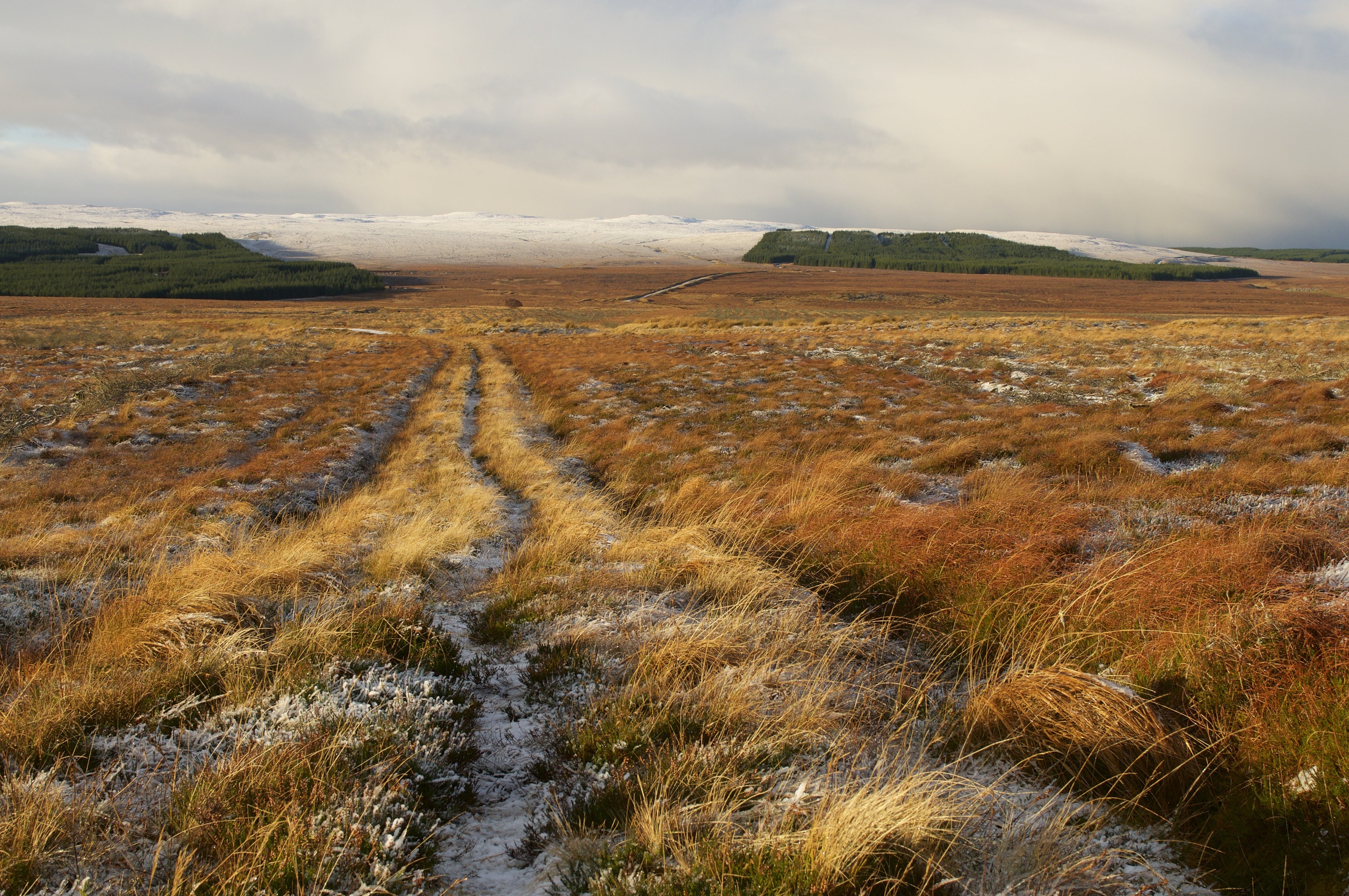Nature restoration can spark jobs boost in struggling ‘red wall’ areas, study finds
Call for focus on coastal and peatland restoration, woodlands and new urban green spaces

Your support helps us to tell the story
From reproductive rights to climate change to Big Tech, The Independent is on the ground when the story is developing. Whether it's investigating the financials of Elon Musk's pro-Trump PAC or producing our latest documentary, 'The A Word', which shines a light on the American women fighting for reproductive rights, we know how important it is to parse out the facts from the messaging.
At such a critical moment in US history, we need reporters on the ground. Your donation allows us to keep sending journalists to speak to both sides of the story.
The Independent is trusted by Americans across the entire political spectrum. And unlike many other quality news outlets, we choose not to lock Americans out of our reporting and analysis with paywalls. We believe quality journalism should be available to everyone, paid for by those who can afford it.
Your support makes all the difference.A proper focus on nature restoration would help spark a badly needed jobs boost in struggling red wall areas, a study finds today.
Coastal and peatland restoration, plus the creation of woodlands and new urban green spaces, offer the potential to create many thousands of new posts, Boris Johnson has been told.
And the research, carried out by consultants WPI Economics, found that potential is greatest in employment blackspots such as the red wall seats snatched by the Tories from Labour during the last general election.
At least 16,000 jobs could be created; 11,000 by developing urban green spaces and the rest in coastal restoration and woodland creation.
County Durham, West Cumbria, Wolverhampton and parts of Nottinghamshire are among areas that would be major winners, the study argues.
Sam Alvis, from the Green Alliance organisation, said: “The opportunity is there for the chancellor to create a legacy of new high-quality jobs across Britain.”
And Patrick Begg, from the National Trust, said: “During the pandemic, those fortunate enough to have access to green space have been taking comfort from nature and areas of beauty close to home.
“The government could generate green jobs for the communities that need them most. This would accelerate the journey we are on to a more prosperous future for people and planet.”
When he unveiled his 10-point climate plan last November, the prime minister promised a “green recovery” would guide his government’s response to the Covid-19 crisis.
But he has been criticised for an empty pledge, after the green homes grant was scrapped and with targets for native tree planting being missed.
Promises of a “green Brexit” have also been broken, campaigners say, with safeguards for chemicals, nature, air quality and waste all weaker since the UK left the EU.
The report, Levelling Up Through Nature, points to the potential for:
* Restoring wetlands and seagrass meadows – creating jobs in Welsh coastal communities such as Anglesey and Newport.
* Peatland restoration – with Yorkshire containing 27 per cent of the rich habitat and important store of carbon.
* Two-thirds of the best land for tree planting is in low-job constituencies – including 112,000 hectares in red wall areas.
Dr Darren Moorcroft, chief executive of the Woodland Trust, said: “Tackling the climate and nature crises will require not just planting more trees but planting the right kinds of trees.
“Investing in UK nurseries to grow the trees that we need to plant in the UK is a too often overlooked aspect of green job creation that requires greater attention.”
To locate green job potential, WPI matched employment data at constituency level with maps identifying the potential for the various types of possible nature restoration.
Join our commenting forum
Join thought-provoking conversations, follow other Independent readers and see their replies
Comments